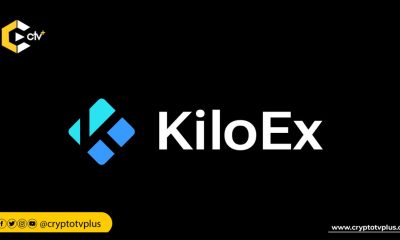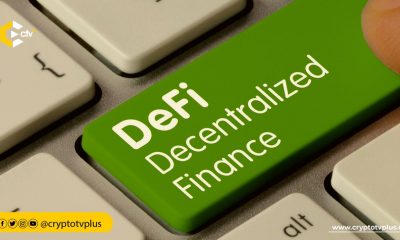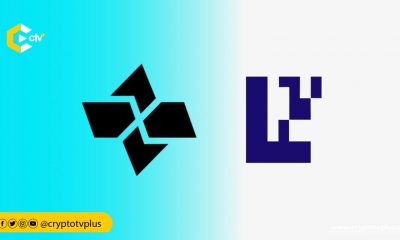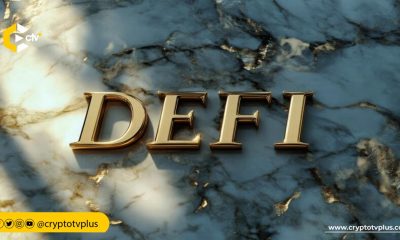News
World Economic Forum supports ‘Sandbox Model’ for DeFi growth

The World Economic Forum (WEF) recommends a “sandbox-first approach” to adopting decentralized finance (DeFi). This involves using regulatory sandboxes—controlled environments for testing new technologies. Such sandboxes allow regulators to observe the development of DeFi innovations, ensuring they comply with legal boundaries while fostering safe growth.
Regulatory sandboxes facilitate controlled testing of DeFi technologies, enabling regulators to understand their risks and benefits while safeguarding investors.
They also promote the creation of specific rules for DeFi, as traditional financial regulations often do not suit digital assets. Currently, only a few countries, including the UK and Singapore, are developing regulations specifically for digital assets like stablecoins.
The WEF emphasizes the importance of collaboration between regulators and DeFi platforms to maintain transparency and effective communication.
This partnership is crucial because DeFi’s decentralized nature contrasts sharply with traditional financial systems. The WEF also advises that regulations should adapt to DeFi’s structure to protect consumers and ensure a fair market.
If this sandbox-first approach is adopted, it could lead to several benefits, such as safer innovation, better rules informed by real-world testing, and improved cooperation between countries on DeFi regulation.
This could encourage more countries to explore and adopt DeFi while keeping the system secure and reliable. The WEF’s support for this method highlights its potential to balance innovation and consumer protection as DeFi continues to grow.
Aside from this, the WEF has also supported the European Blockchain Sandbox Initiative which involves 41 regulators from 22 countries, all working together to help blockchain projects and regulators communicate better. The goal is to remove legal barriers and encourage innovation by providing a platform where both sides can discuss and develop solutions.
Read also: A WEF report shows what luxury brands should know about the use of NFTs
To address issues with digital currencies, the WEF set up the Digital Currency Governance Consortium, which includes over 80 organizations. This group helps bridge the gap in governing digital currencies by encouraging conversations between public officials, industry experts, and academics.
They aim to create fair rules that balance different needs and models, allowing for the safe development of digital currencies.
The WEF has also studied the broader economic impacts of cryptocurrencies and stablecoins. Their reports stress that if cryptocurrencies are not properly regulated, they could become a threat to global financial stability.
The WEF encourages timely evaluations to help policymakers respond effectively to the challenges that digital assets present.
In addition, the WEF created a Blockchain Toolkit to guide organizations on how to use blockchain technology responsibly. This toolkit includes advice from over 100 organizations and covers important topics like governance, interoperability, and regulatory compliance.
























